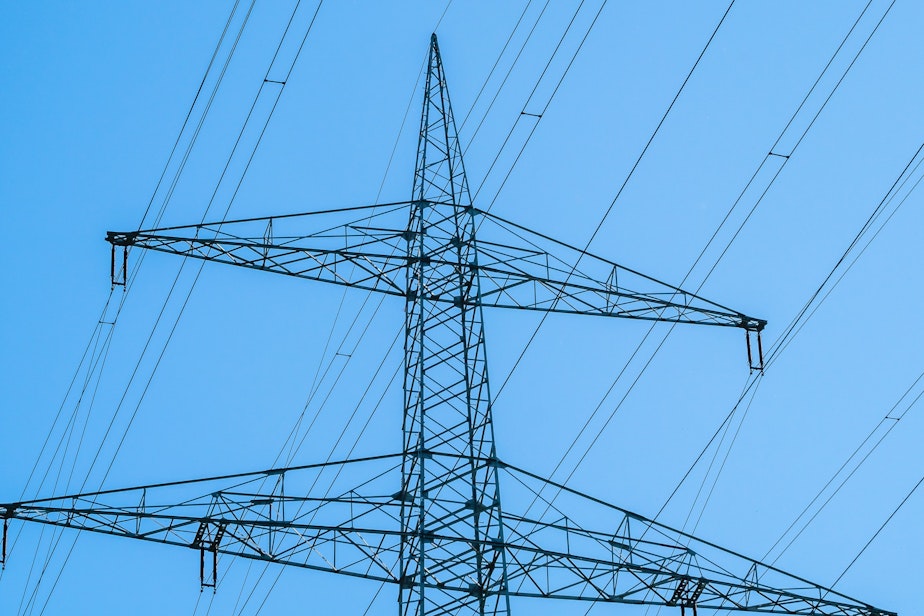How hot temps, wildfire affect NW power grid

The rapidly growing Sourdough wildfire in Washington's North Cascades has forced Seattle City Light to shut down power coming from two dams on the Skagit River.
This is the second time in two weeks that the utility has had to shut down hydroelectric dams, due to wildfire conditions. Seattle City Light shut down three dams along the river just a week ago. They were up and running again within a few days, but the utility did warn that it might have to turn off some power production facilities again, if conditions changed.
RELATED: Seattle heat wave got you down? You’re not alone
Now, the Ross and Diablo dams have been disconnected from the grid that serves Seattle-area customers. The shutdowns don't entirely have to do with the dams — transmission lines near fires are also a consideration.
“Human life is always our number one priority, both for ourselves and for the Sourdough fire team," said Jenn Strang with Seattle City Light. "We want to make sure that crews who are working in and around those transmission lines are as safe as possible.”
Sponsored
A third dam, just down-river, continues to send power to the Seattle area. City Light is purchasing power from other sources in the meantime to fill in the gap. Customers shouldn't notice any interruptions in service.
Elsewhere, Puget Sound Energy has asked its customers to conserve energy during this week's heat wave. Temperatures around the Puget Sound shoreline (such as in Seattle and Tacoma) have been reaching into the 90s, with temperatures going even higher farther inland.
In message sent to customers Tuesday, Puget Sound Energy activated its Demand Response program, which aims to decrease the load on the electrical grid during times of high demand, such as heat waves, when air conditioners are cranked up, or during extreme cold. Puget Sound Energy asked customers to conserve power from 4 to 6 p.m. that day.
"Put off running the dishwasher or doing laundry until after the Peak Time Event. Instead of watching TV or using electronics that need to be plugged in, read a book, play a board game, or spend quality time with your household," Puget Sound Energy's message to customers stated.
According to an additional statement from Puget Sound Energy:
Sponsored
"As we continue to experience high temperatures this week, our electrical system is performing well, and our teams continue to monitor for safe and reliable operations around the clock. PSE’s electric and gas energy delivery system is designed and maintained to provide reliable service during peak loads induced by extreme heat and cold weather events.
We sent an email to about 400,000 customers yesterday, as part of our Demand Response program. Demand Response is a strategy designed to decrease load on the grid during times of peak use. It involves modifying the way customers use energy – particularly when they use it.
Conservation is not requested to support reliability; however, we encourage customers to conserve energy for their own benefit (cost savings and comfort), as well as the benefit of relieving stress on the electrical system during times of increased demand."
KUOW's Dyer Oxley contributed to this post.

